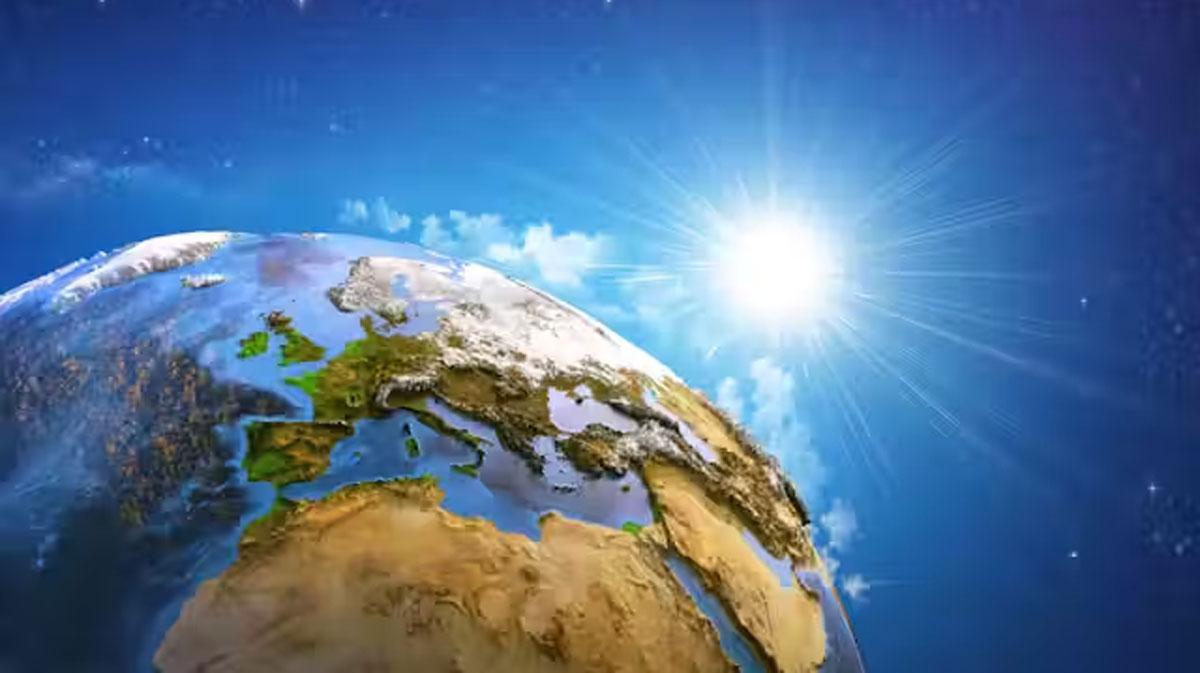Anil Madan
Africa-Press – Lesotho. The Thanksgiving holiday was a welcome break, and I was fortunate to spend some time in California sunshine with friends and on golf courses. As I was contemplating thankfulness for so many things, I was also struck by how much turmoil there is around the world that dampens my sense of thankfulness other than for being far away from most of it.
We certainly live in an interesting age, I thought. This ruminating brought to mind the alleged ancient Chinese saying that sounds like a blessing but is ostensibly a curse: “May you live in interesting times.
” A little reading led me to an article at The Phrase Finder (www. phrases. org. uk) which claims that this saying is neither Chinese nor an ancient curse. The phrase, “we live in an interesting age” is attributed to remarks made by Frederic R.
Coudert at the Proceedings of the Academy of Political Science, 1939 in which he recounted writing to a friend, Sir Austen Chamberlain, who replied that he had been told that one of the principal Chinese curses is: “May you live in an interesting age.
” That was uncertain since Chamberlain did not read Mandarin. As I made a mental survey of interesting topics for interesting times, it struck me that there is so much uncertainty all around us.
Whether we consider the issues of climate change under discussion at the COP28 conference, the ongoing Israel-Hamas conflict/war, the war in Ukraine, the US presidential election, or geopolitics writ large, it is difficult to predict what is going to happen.
COP28 conference in Dubai
Sultan Al Jaber is the President of the COP28 conference in Dubai. In an exchange with former Irish President Mary Robinson, Al Jaber said that while phasing out fossil fuels is inevitable, there is no scientific evidence to support the notion that it would meet the world’s climate change goals.
The only certainty was that his remarks would cause an uproar. But it bears noting that while he was politically incorrect, he was factually correct. Putting aside the problem of defining the “world’s climate change goals” or over what timescale fossil fuels are to be phased out, the warnings that we hear from scientists are that if we don’t reduce fossil fuel consumption, we will push things over the tipping point.
No responsible scientists claim that eliminating all fossil fuels tomorrow will be an instant cure for the damage already done, or that it is reversible.
And, of course, given the world’s energy needs, it is unlikely that absent a major technological breakthrough in the very near future, we will see a massive shift away from fossil fuels.
The end of fossil fuels is inevitable, the time frame is uncertain. Meanwhile as the COP28 conference went on, Chennai and its environs experienced another major flooding event, the second in eight years.
Chennai was hit with 24 cm (almost ten inches) of rainfall in a single day, on Monday. In a span of 35 hours Sunday to Monday evening, a nearby area had 43 cm (nearly 17 inches) of rain.
Events around the world have shown the certainty that major floods, winds, snowfalls, and fires, is beyond question. What is uncertain is where and when they will strike, and how hard. The other certainty is that despite all warnings, the world is unprepared to deal with these catastrophes.
And it seems that once again, the attendees at COP28 will pay lip service to compensating countries that are most affected by rising sea levels while producing minimal greenhouse gases but fail to accomplish any meaningful funding.
Israel-Gaza war and war in Ukraine
The Israel-Gaza war and the war in Ukraine tell us that just as it has always been true, the certainty is that man will find cause to kill his fellow man.
There is grave uncertainty about whether Ukraine can withstand Russia’s ongoing onslaught and indeed, uncertainty about whether and for how long Russia can continue.
Aid from the US and European countries to Ukraine is critical to the beleaguered nation’s defense. Yet, there is uncertainty about whether the aid will continue.
There is a slight bit of good news here. It appears that Republican opposition to aid for Ukraine is not rooted in any ill will or disregard of the Ukrainians’ struggle to maintain their democracy.
Rather, it is a cynical ploy to force funding for border control to stem the burgeoning inflow of undocumented immigrants into the US. It is not clear why the Democrats do not want more robust enforcement at the border, and such reluctance seems illogical. This will certainly resolve itself.
For More News And Analysis About Lesotho Follow Africa-Press






